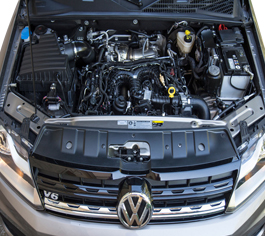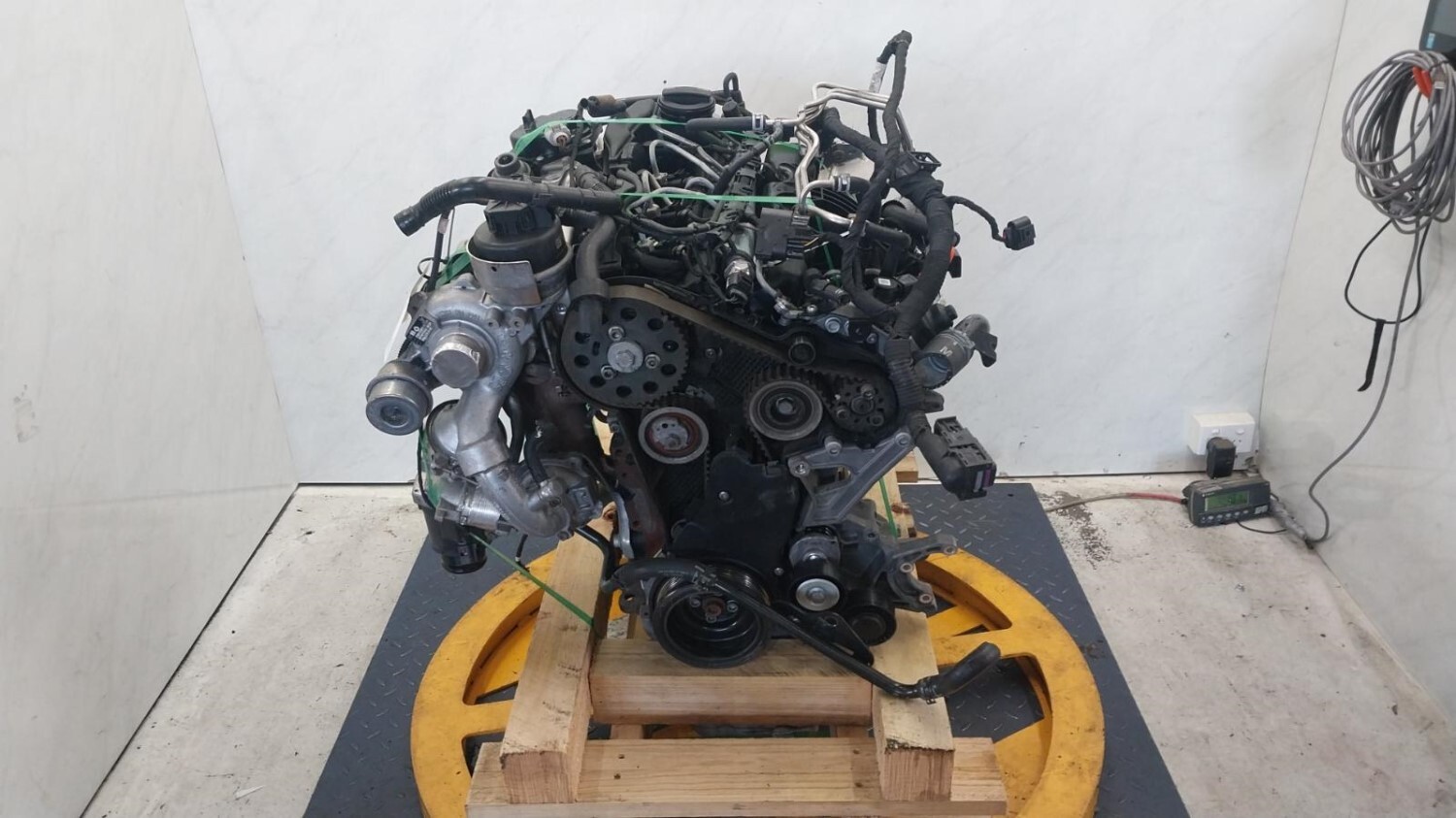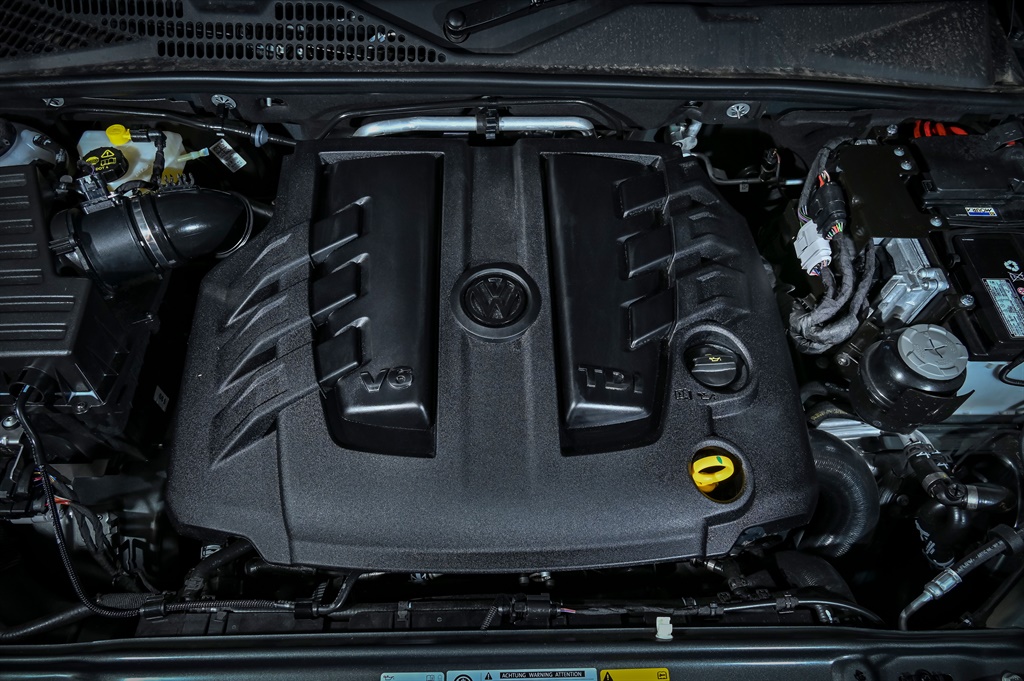Crucial Considerations and Tips for Selecting the Right Engine for Your Needs
Choosing the right engine is a complex decision that needs careful consideration of numerous variables to guarantee ideal performance for your certain needs. The intricacies of engine choice extend beyond these essentials, triggering a better evaluation of vital components that can inevitably influence your contentment and success.
Determine Your Purpose
Identifying your objective is an important very first step in selecting the ideal engine for your requirements. Comprehending the certain application you want will certainly assist your decision-making process and ensure that you select an engine that aligns with your operational demands. Whether you require an engine for a business automobile, industrial equipment, or an entertainment job, each scenario needs various efficiency features and capabilities.
Take into consideration the atmosphere in which the engine will operate. Will it go through heavy tons, severe temperatures, or extended usage? Analyzing these factors will aid you determine the essential power outcome, gas effectiveness, and toughness required to fulfill your purposes.
Additionally, believe regarding the lasting implications of your selection. Spending plan restraints, upkeep needs, and accessibility of parts are crucial factors to consider that will influence your total fulfillment and functional efficiency.
Eventually, verbalizing your purpose will improve the selection process and equip you to make a notified choice. By clearly defining your goals, you can evaluate potential engines better and pick one that not just satisfies your current requirements but also supports your future goals.
Evaluate Engine Requirements
When you have plainly articulated your function, the following action is to evaluate engine specs. This process involves a complete assessment of various technical details that can significantly influence efficiency and viability for your intended use.
Begin by evaluating the engine's horse power and torque ratings. Horse power is crucial for determining the engine's ability to perform job, while torque is essential for recognizing how well it can take care of heavy lots or velocity. Additionally, take into consideration the engine variation, as it usually correlates with power outcome and effectiveness.
Next, check out the engine typeâEUR" whether it is a gasoline, diesel, or different fuel engineâEUR" as each type has distinctive attributes and applications. Pay interest to the engine's arrangement (e.g., inline, V-type), as this can affect size, weight, and total efficiency.
Another vital aspect is the engine's cooling system, which can influence dependability and upkeep demands. Evaluate the supplier's credibility and service warranty offerings, as these can provide understandings into lasting efficiency and assistance. Thoroughly assessing these specifications will aid make sure that you pick an engine that lines up with your details demands and functional objectives.
Consider Fuel Effectiveness
Fuel efficiency is an important aspect to think about when picking an engine, as it straight affects functional costs and environmental sustainability. An engine's gas effectiveness is typically determined in miles per gallon (MPG) for automobiles or in certain fuel usage (SFC) for aircraft and marine engines. Higher gas performance not just minimizes the quantity of fuel consumed but also minimizes greenhouse gas emissions, making it a liable selection for eco-conscious customers.
When examining engine choices, it is necessary to evaluate the driving conditions and planned usage. Engines enhanced for freeway driving may exhibit better gas performance contrasted to those created for stop-and-go web traffic. Furthermore, think about the engine's innovation, such as turbocharging or crossbreed systems, which can this contact form significantly improve fuel performance.

Assess Maintenance Needs

Begin by reviewing the producer's advised maintenance periods and procedures. Some engines may call for more constant oil changes, filter substitutes, or specialized servicing, which can affect your functional downtime. Additionally, think about the schedule of parts and the convenience of obtaining them. Engines with extensive popularity usually have much better parts schedule, decreasing preparations throughout repair work.
Another vital facet is the technological knowledge required for maintenance. Some engines may require customized training for professionals, which could restrict your alternatives for service providers. Additionally, examine whether the engine's style enables for simple accessibility to elements commonly requiring upkeep, as this can significantly impact labor expenses.
Budget Your Investment
Recognizing upkeep demands is simply one element of selecting the right engine; financial considerations play an equally important duty (amarok engine for sale). Developing a clear budget plan is vital, as it influences not only the first acquisition cost try this out however also long-term functional expenses
When budgeting, think about both the upfront prices and continuous expenses such as gas effectiveness, maintenance, and possible repair work. A seemingly inexpensive engine might incur greater expenses with time because of poor gas economy or constant maintenance demands. Additionally, review the accessibility and price of spare components, as well as the guarantees offered by makers, which can offer economic protection versus unforeseen costs.
It is also smart to consider potential funding options or leasing setups, which could ease immediate monetary worries. Balance your wish for advanced functions with your spending plan constraints, guaranteeing that you purchase an engine that fulfills your performance needs without endangering financial security.
Eventually, a well-shaped spending plan will equip you to make informed decisions, straightening your engine choice with both your functional demands and economic capabilities, resulting in a much more sustainable investment in the future.

Final Thought
Finally, selecting the proper engine necessitates a comprehensive understanding of specific requirements and applications. Mindful evaluation of engine requirements, fuel effectiveness, and upkeep demands is necessary for notified decision-making. Additionally, developing a comprehensive budget plan makes certain that both initial and ongoing costs are manageable. By adhering to these considerations, organizations and individuals can make a sustainable financial investment that aligns with their operational objectives and efficiency assumptions, eventually improving general effectiveness and effectiveness.
Gas performance is a critical variable to take into consideration when choosing an engine, as it directly influences functional expenses and environmental sustainability. An engine's fuel performance is normally determined in miles per gallon (MPG) for cars or in specific gas usage (SFC) for aircraft and aquatic engines. Diesel engines normally supply better gas effectiveness than gasoline engines. Inevitably, choosing an engine with a strong emphasis on fuel performance can lead to considerable long-term financial savings and add positively to ecological efforts. Careful analysis of engine specs, gas effectiveness, and upkeep next requirements is important for informed decision-making.